1. Imitation Crab Meat (Surimi)
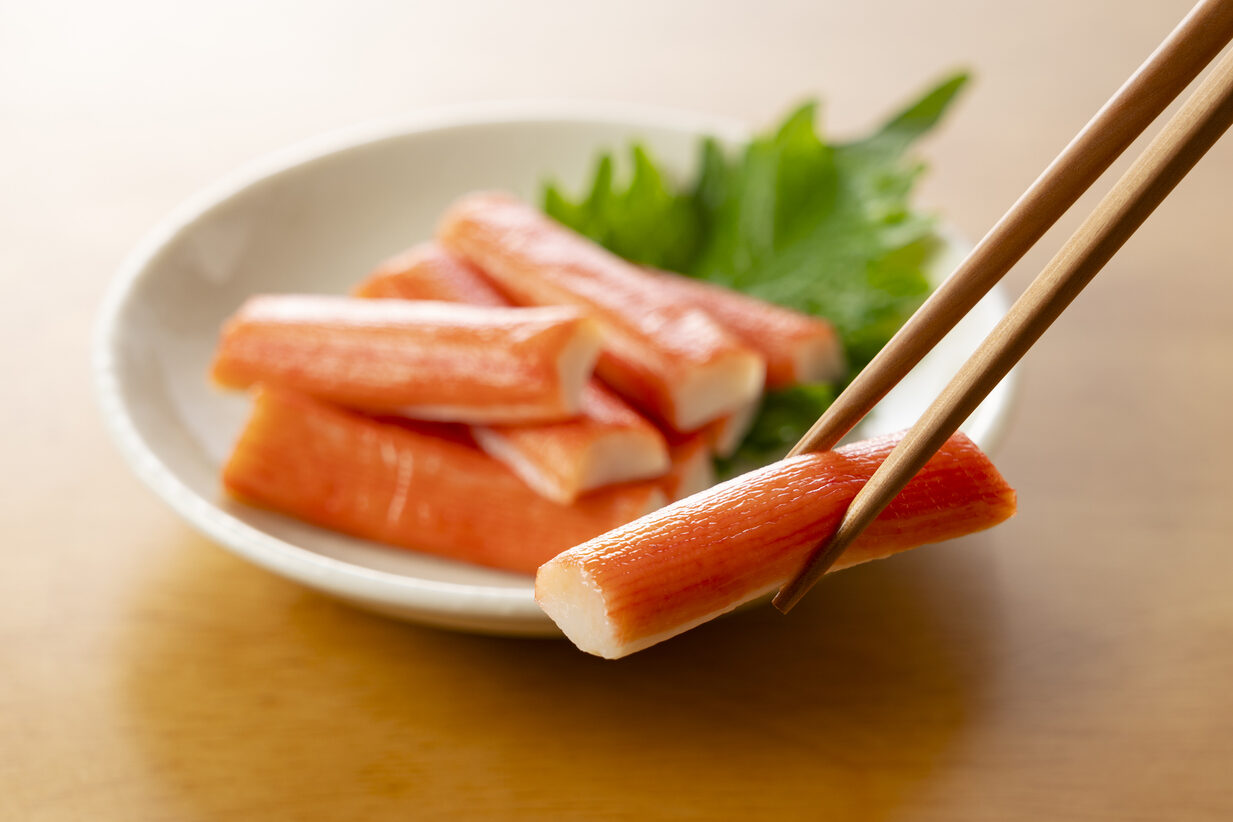
Imitation crab may look like the real thing, but when it’s made in China, it’s often a different story. Surimi typically contains pulverized fish meat, starches, flavorings, and colorants, but some batches from China have been found with banned additives and mislabeling. The FDA has detained shipments due to undeclared allergens and unsafe flavor enhancers. As one SeafoodSource report noted, imitation crab from some Chinese factories uses questionable ingredients and lacks proper oversight. If you’re craving seafood, spending a little more for genuine crab is likely a safer and tastier choice in the long run.
2. Garlic
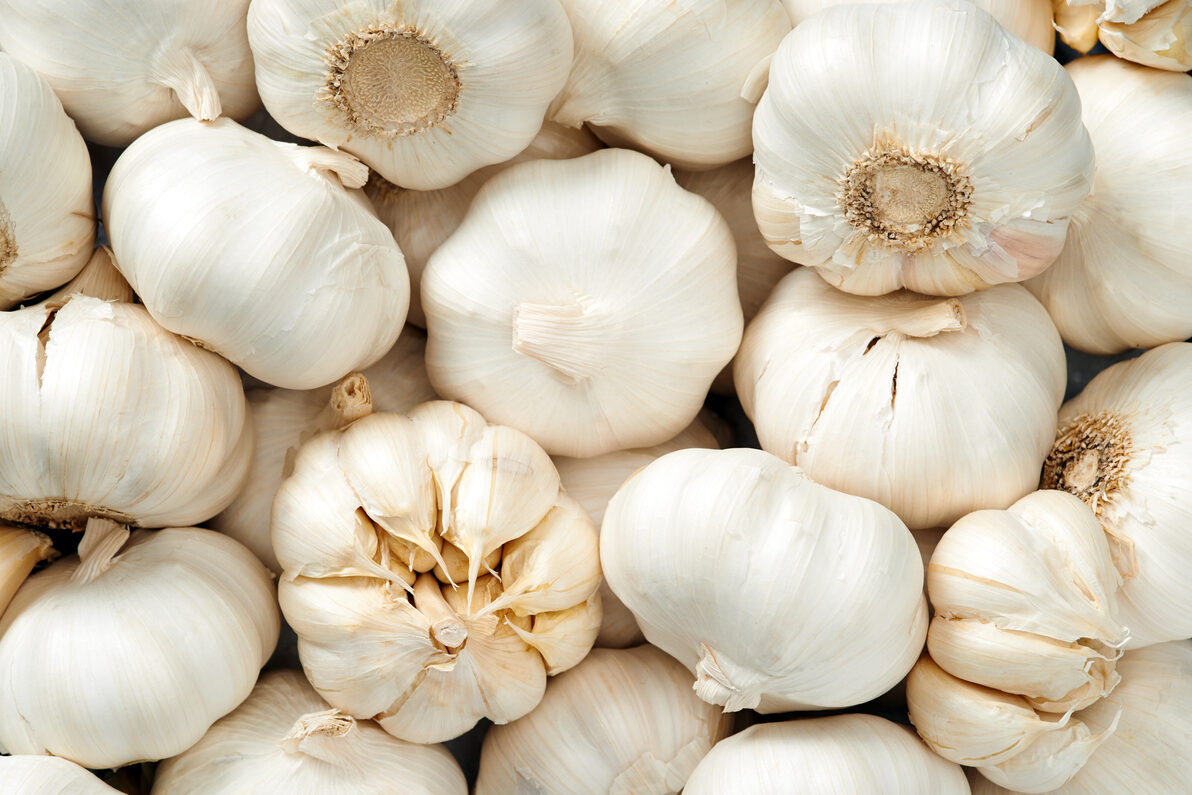
At a glance, that bright white garlic bulb might seem fresher, but if it’s from China, appearances can be deceiving. Chinese garlic is often bleached to enhance shelf appeal and grown in contaminated soil with limited regulation. Labor conditions are also under fire, with reports from NPR and CBS alleging prison labor involvement. Compared to American-grown garlic, the taste is milder and sometimes oddly metallic. As one California grower put it, real garlic has roots. If you want to add flavor without the risk, sourcing garlic grown closer to home might be a smarter bet.
3. Farm-Raised Tilapia
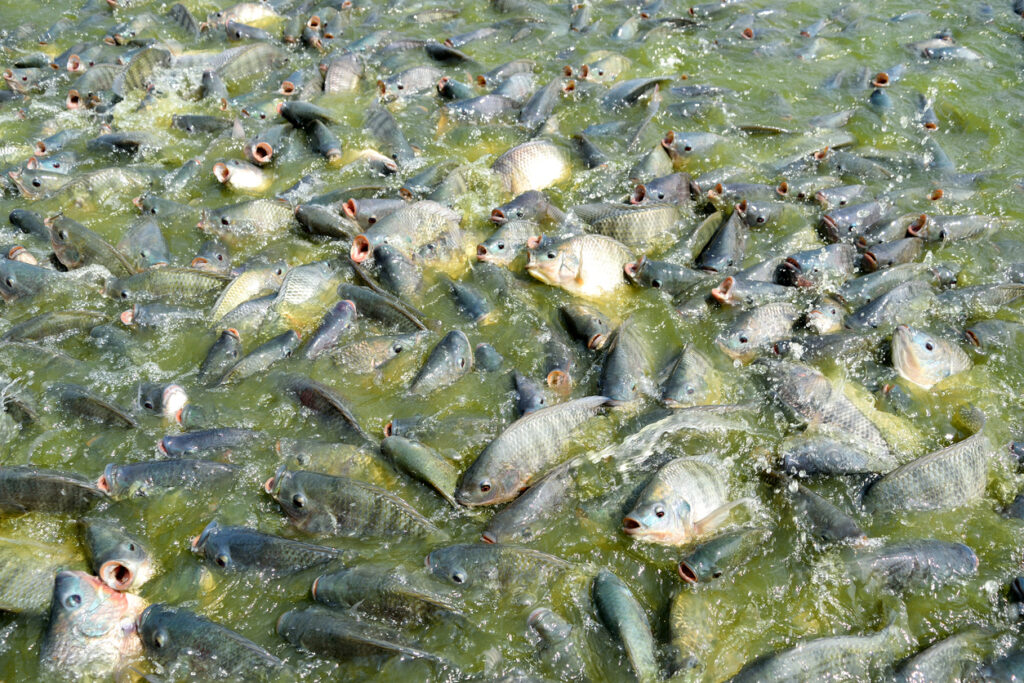
Tilapia is loved for its mild flavor and affordability, but when it’s farm-raised in China, there’s reason to pause. These fish are often packed into overcrowded ponds with little water circulation, where antibiotics and chemical treatments are used excessively to manage disease. A Consumer Reports review flagged Chinese tilapia as particularly low in nutrients and potentially contaminated. Even more concerning, some farmers reportedly feed them animal waste. If you’re choosing fish for its health benefits, checking for U.S. or responsibly farmed international origins can give you the peace of mind your plate deserves.
4. Frozen Shrimp
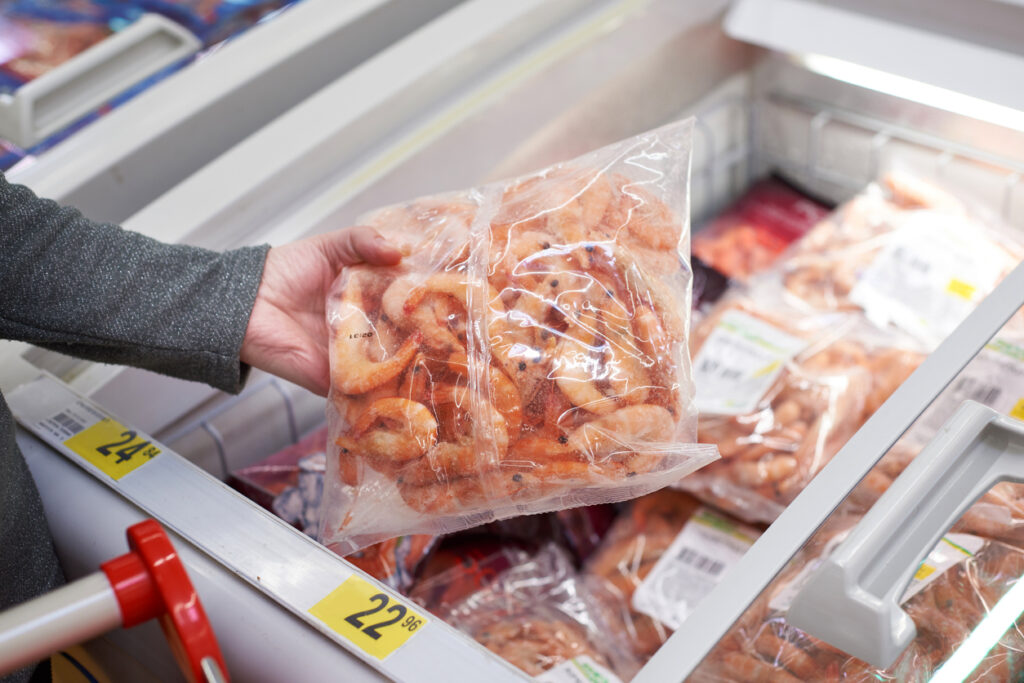
Frozen shrimp might seem like an easy meal prep win, but Chinese imports have a track record that’s less than reassuring. According to FDA import alerts, Chinese shrimp has been repeatedly flagged for containing harmful bacteria, unapproved antibiotics, and preservatives banned in the U.S. Some are even treated with gel coatings to hide poor quality. The problem isn’t the shrimp itself, but how it’s handled. Many facilities operate under subpar hygienic conditions. If shrimp is on your menu, it’s worth checking for wild-caught or certified farm-raised sources with better safety standards.
5. Canned Mushrooms
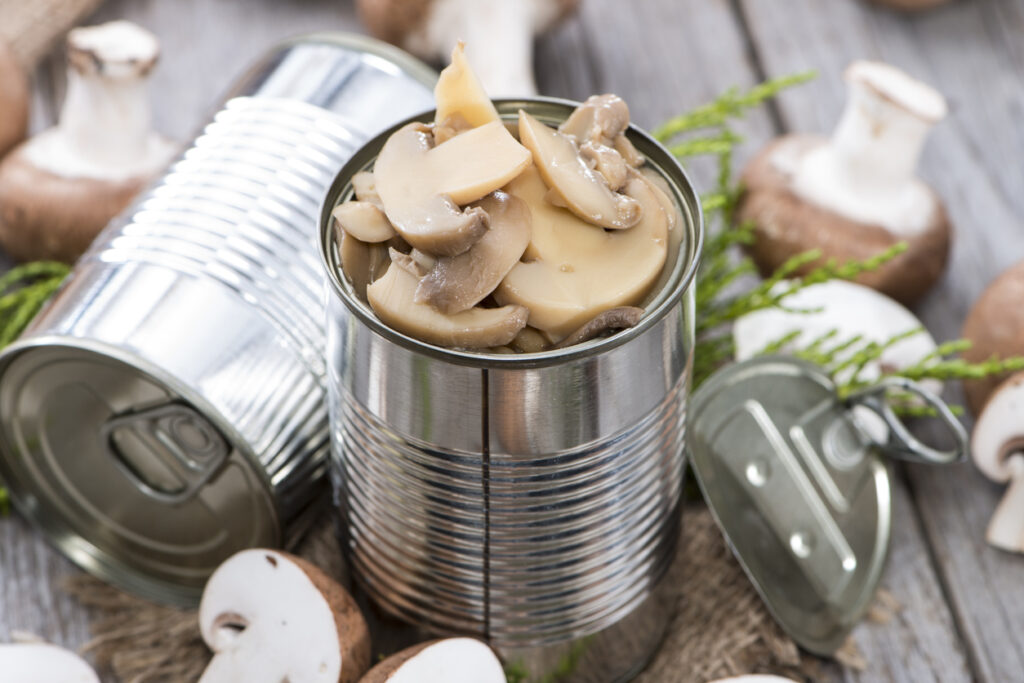
Canned mushrooms from China may save time in the kitchen, but safety tests have revealed a troubling side. Several shipments have tested positive for illegal pesticides and preservatives like sulfites, which can trigger allergic reactions and are banned in many food types in the U.S. A Washington Post review of import data showed Chinese mushrooms consistently ranking among the most rejected products. With minimal oversight during production and questionable labeling, that seemingly innocent can could bring more than just fungi to your table. Fresh or domestically sourced canned mushrooms are a safer and tastier option.
6. Salted or Preserved Eggs
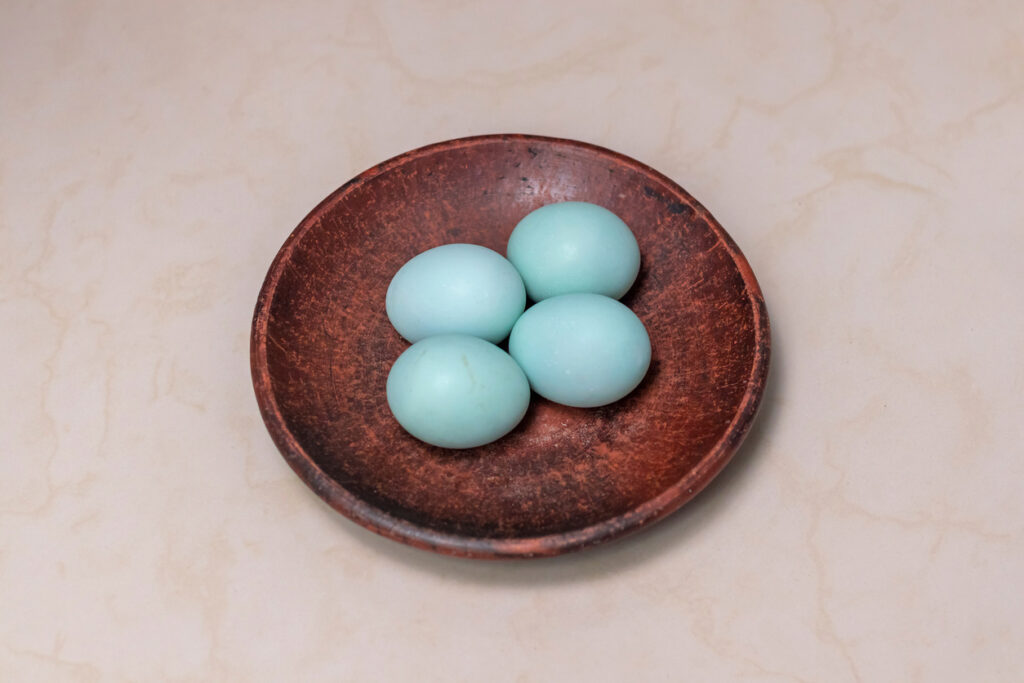
Salted duck eggs are a traditional favorite in many Asian households, but when they come from certain Chinese producers, they may also contain an unhealthy dose of lead. Traditional curing methods used to involve lead-based compounds to firm up yolks, and although banned today, outdated practices still persist in unregulated areas. A Healthline review warned about consuming these eggs unless sourced from reputable brands. While the rich, savory flavor can be nostalgic, it’s best to double-check where your preserved eggs come from if you’re going to enjoy them without the added health concerns.
7. Rice Noodles
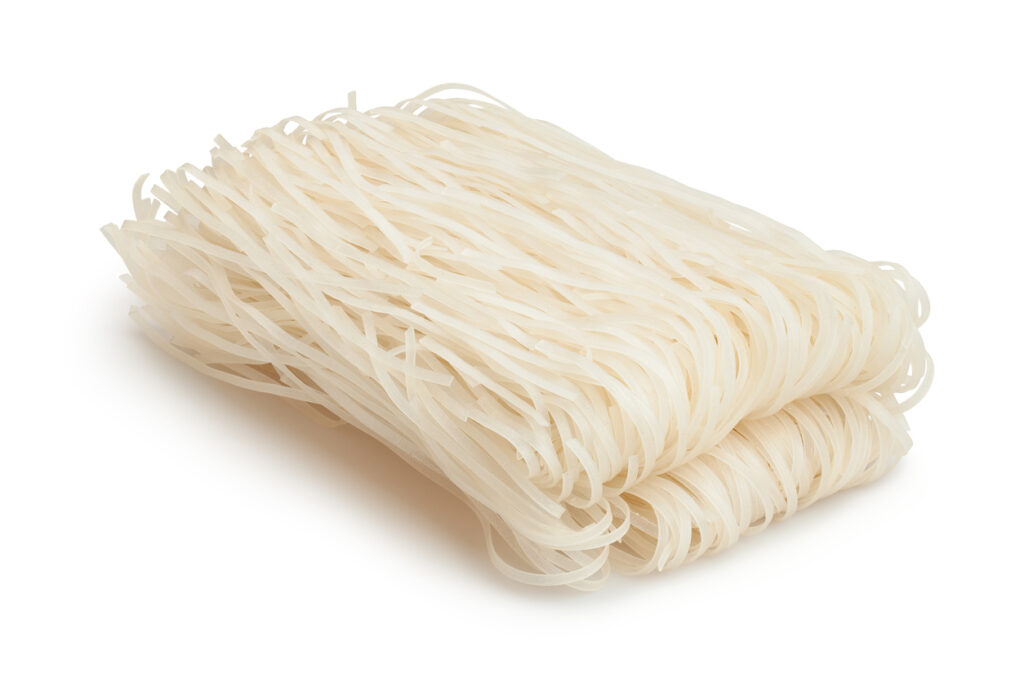
Rice noodles are a staple in everything from stir-fries to soups, but some imported Chinese brands may contain sulfur dioxide, a preservative that’s banned in many food categories due to its potential to cause respiratory issues and allergic reactions. The additive is sometimes used to keep noodles looking bright and shelf stable. According to the Environmental Working Group, sulfur dioxide has been tied to asthma flare-ups and shouldn’t appear in products like fresh noodles. If you love noodle dishes but not the chemical side effects, it might be time to explore cleaner, labeled alternatives with simpler ingredients.
8. Tea Leaves
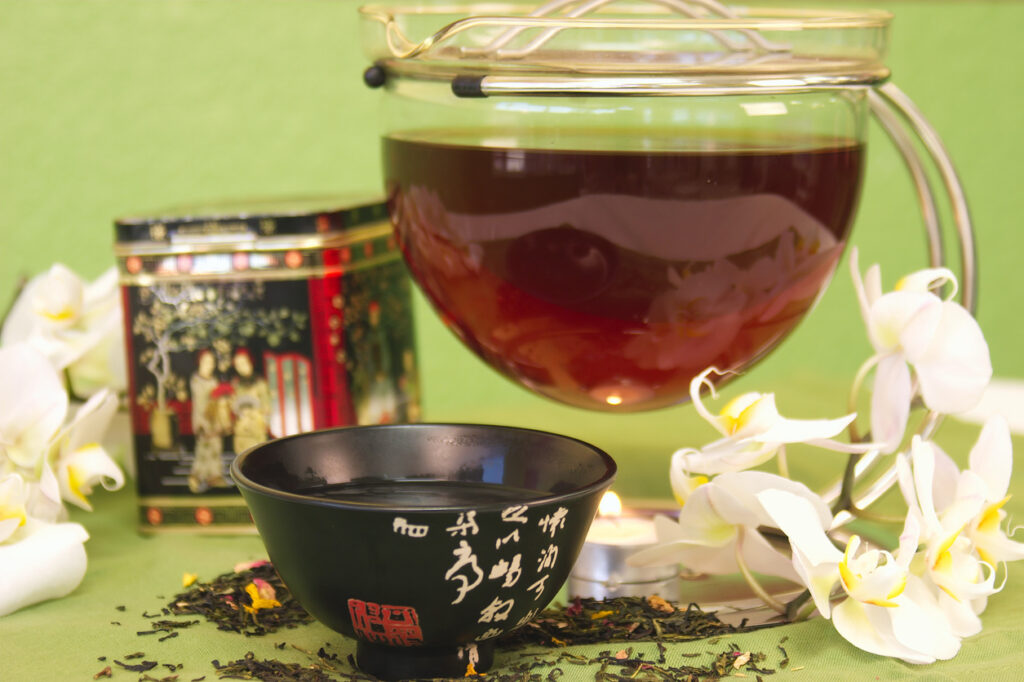
A warm cup of tea is supposed to be calming, but some low-cost Chinese tea brands have been anything but. Several investigations, including a Journal of Toxicology study, have found heavy metals like lead and aluminum in loose-leaf Chinese teas, especially those grown near industrial zones. Long-term exposure to these metals can cause health issues ranging from cognitive problems to kidney damage. While not all Chinese tea is dangerous, many bargain options come without proper quality checks. Opting for certified organic or well-sourced teas can help keep your tea break truly relaxing and safe.
9. Instant Soup Mixes
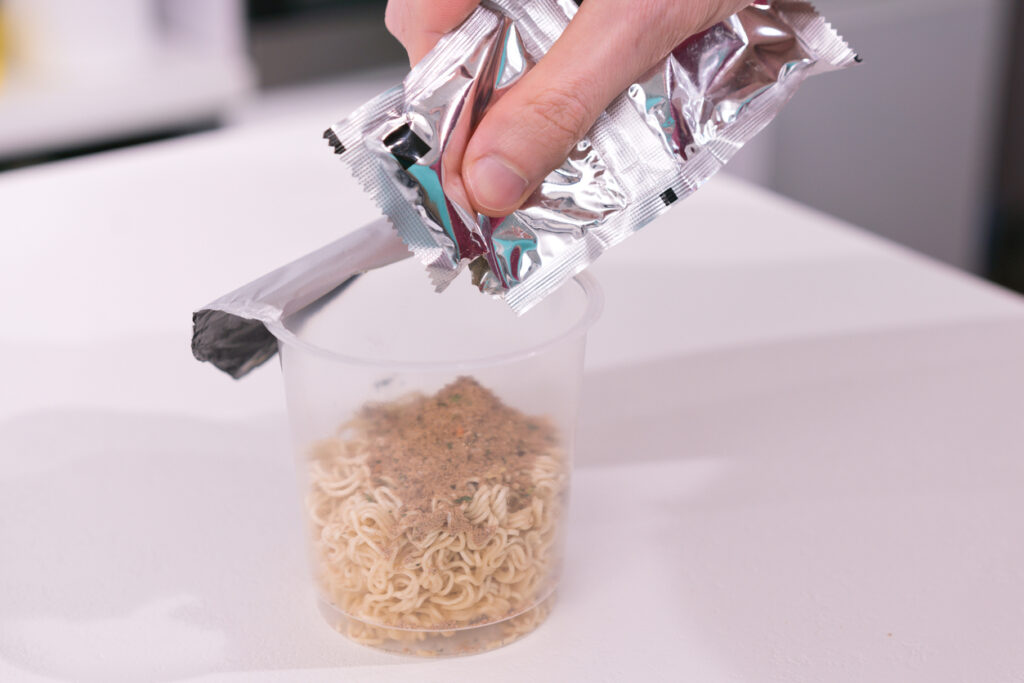
Quick soup may seem like a harmless comfort, but some Chinese instant soup mixes come loaded with questionable extras. From banned coloring agents to illegal flavor enhancers, several imports have failed U.S. inspections. According to FDA import alerts, ingredients like rhodamine B, used for dyeing textiles, have turned up in some soup packets. The convenience of just add water shouldn’t come at the cost of consuming non-food-grade chemicals. If you’re a fan of quick soups, double-check the label or choose domestic brands with clear ingredient lists that won’t stir up any unwanted surprises.
10. Spiced or Marinated Duck Parts

Spiced duck snacks might be tempting at first glance, but not all are created equal. Some Chinese duck parts have been found with excessive nitrate levels and unauthorized dyes used to enhance their color. Food Quality News once reported on Chinese duck snacks sold abroad that were preserved with illegal coloring agents to maintain a fresh appearance. Over time, consuming high levels of nitrates may increase the risk of certain cancers. When it comes to duck, it’s best to look for items from well-known brands with transparent practices, especially if they’re ready to eat.
11. Tofu
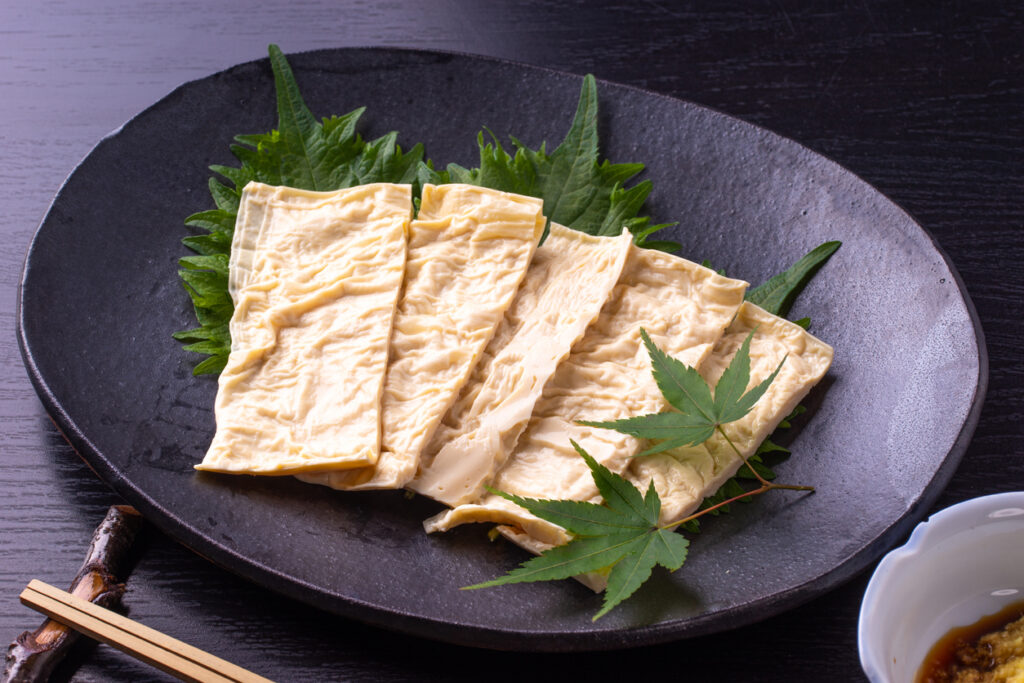
Tofu skins, or yuba, are a chewy, protein-rich food found in many Asian dishes. But on rare occasions, Chinese-produced yuba has been found preserved with formaldehyde, a chemical you definitely don’t want in your dinner. WHO classifies formaldehyde as a carcinogen, and while its use in food is banned, it’s still occasionally reported in poorly regulated factories trying to extend shelf life. If tofu is a regular feature in your kitchen, choosing brands with strong safety certifications can help keep unwanted preservatives out of your bowl and peace of mind in your pantry.
12. Vegetable Protein Additives
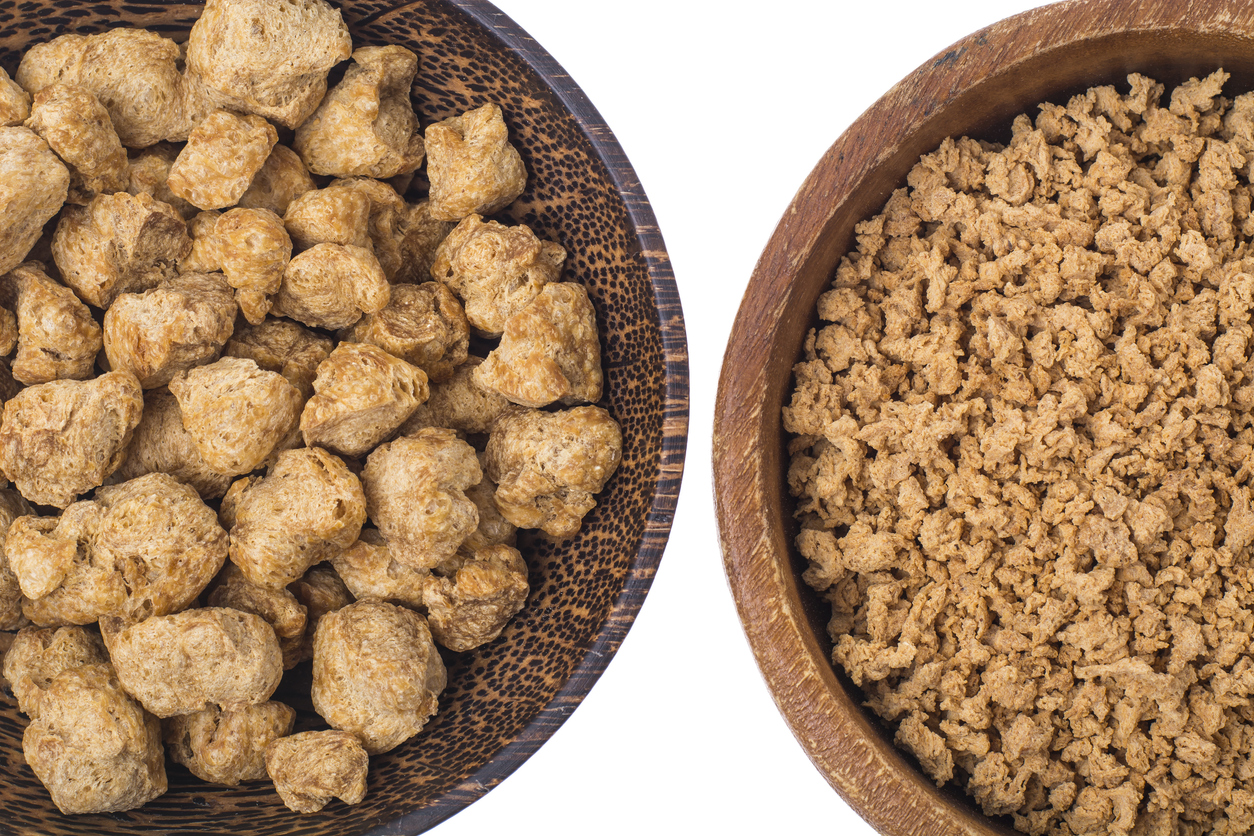
You’ve likely seen soy protein or wheat gluten on ingredient labels, but these vegetable protein additives were at the heart of the infamous 2007 melamine scandal. To cut corners, some Chinese suppliers added melamine, a toxic chemical used in plastics, to fake higher protein levels. The result was tragic, with widespread recalls, pet deaths, and shaken consumer trust. While regulations have improved, Reuters reports that melamine-laced additives remain a lingering concern. If you’re relying on plant-based proteins, transparency is key. Choose products with clear sourcing and certifications to keep your health and trust in check.
This story 12 Chinese Food Imports You Can Buy in the U.S. But Probably Shouldn’t Eat was first published on Daily FETCH


